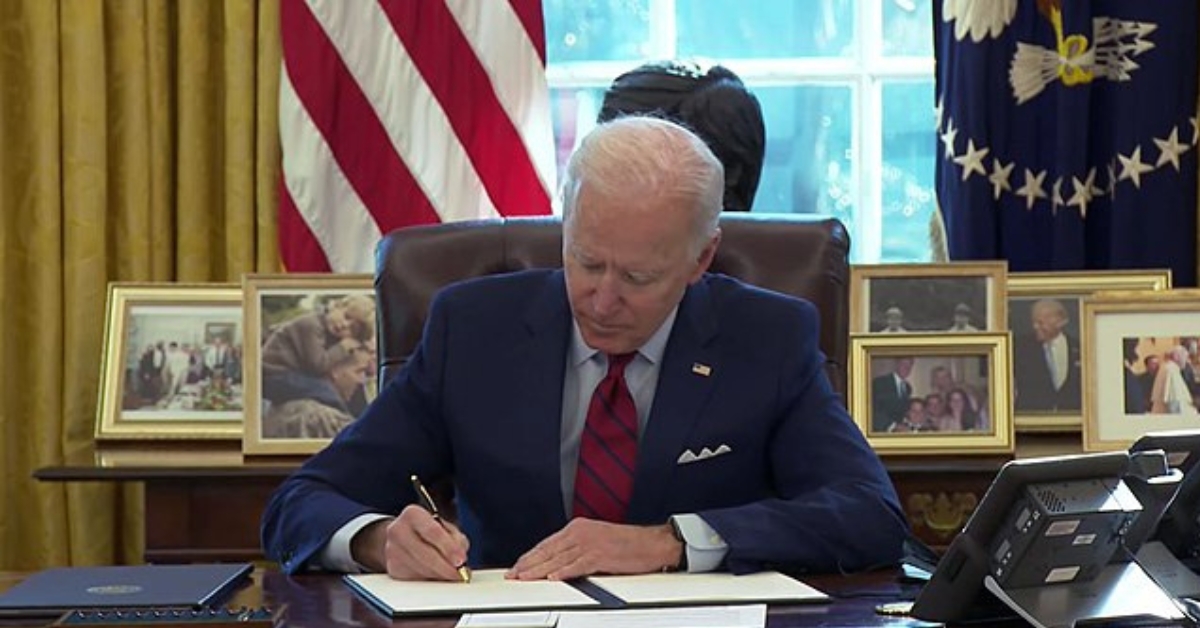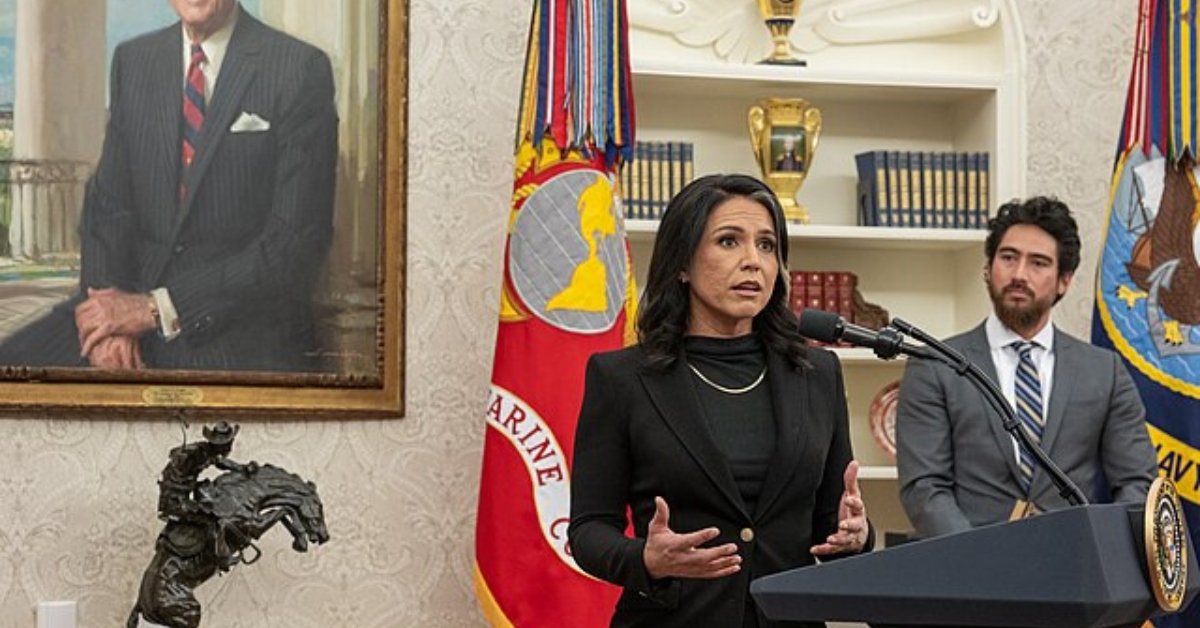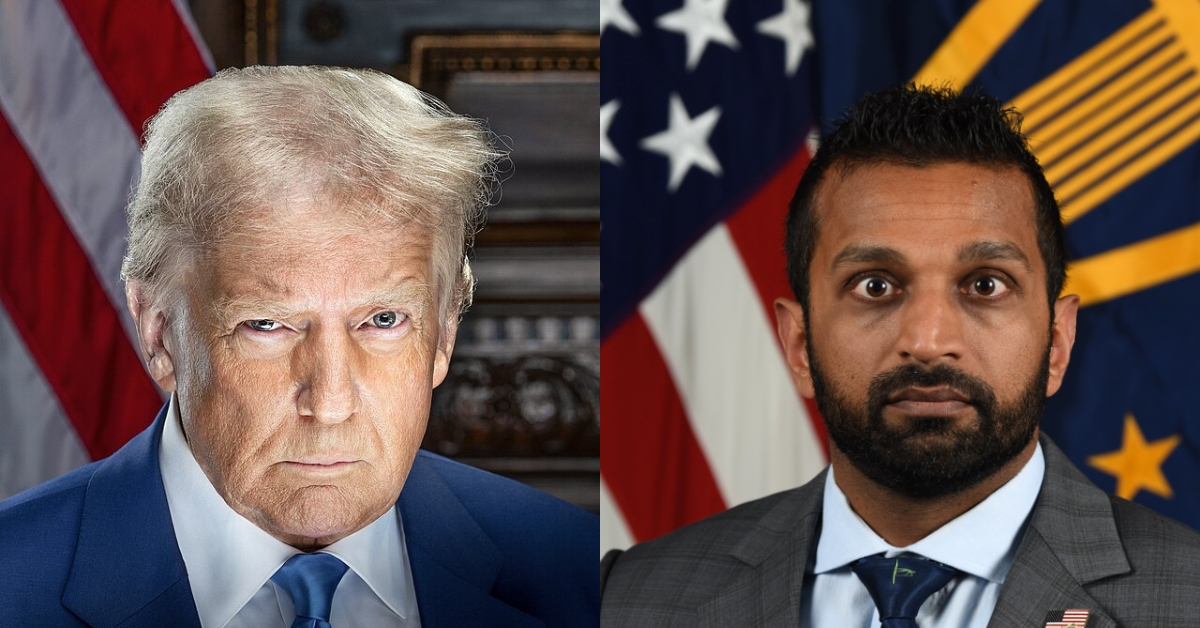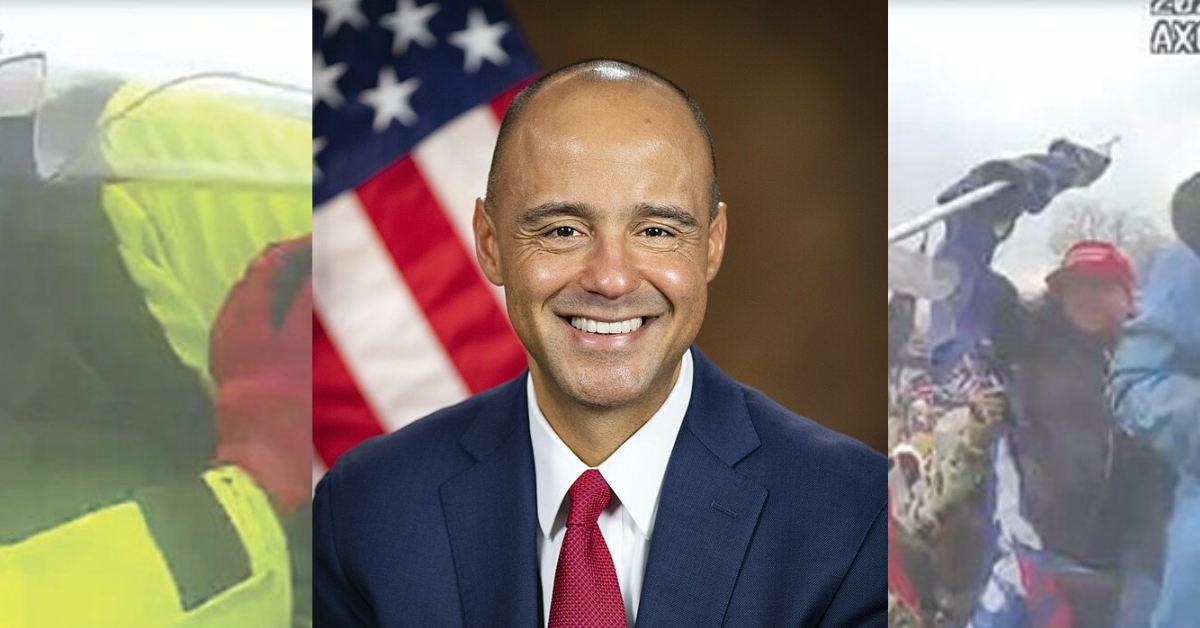
DOJ Official Kristen Clarke Admits She Lied to the Senate
In a revelation that underscores the double standards at play within the Biden administration, Assistant Attorney General Kristen Clarke has admitted to concealing her past arrest during her Senate confirmation hearings. Back in 2006, Clarke found herself in legal hot water in Maryland over a domestic violence incident, where her then-husband accused her of attacking him with a knife after a confession of infidelity, leading to a serious injury. Despite the gravity of these accusations, the charges were subsequently dropped and the record expunged, allowing Clarke to claim “no” when questioned if she had ever been arrested for a violent crime.
Clarke’s justification for withholding this information from the Senate—because the record was expunged—speaks volumes about the ethical gymnastics some are willing to perform to secure high office. Her role as the head of the Justice Department‘s civil rights division demands not just competence but absolute integrity, and this omission during her confirmation process is troubling, to say the least.
This incident reveals more than just a personal lapse in judgment; it highlights a systemic issue within the Biden administration, where transparency and accountability are often sacrificed at the altar of political expediency. The American people deserve leaders who not only uphold the laws but are also transparent and honest about their backgrounds, especially when these could influence their professional conduct.
Clarke’s refusal to resign and her claim to continue centering the experiences and needs of crime victims might sound commendable, but they ring hollow in the face of her failure to disclose vital personal history that speaks directly to her character and judgment. This isn’t merely about a personal matter that was legally resolved and expunged; it’s about the public’s right to fully vet those in significant positions of power, particularly when their decisions impact civil liberties and the enforcement of justice across the nation.
As we head deeper into an era where trust in public institutions is waning, incidents like these are not just disappointing; they are deeply damaging. It’s high time for a return to straightforward honesty and integrity in public service—qualities that seem increasingly rare in today’s political landscape. Clarke’s oversight, whether by omission or commission, is a disservice to the principles of transparency and accountability that are foundational to our democracy.














